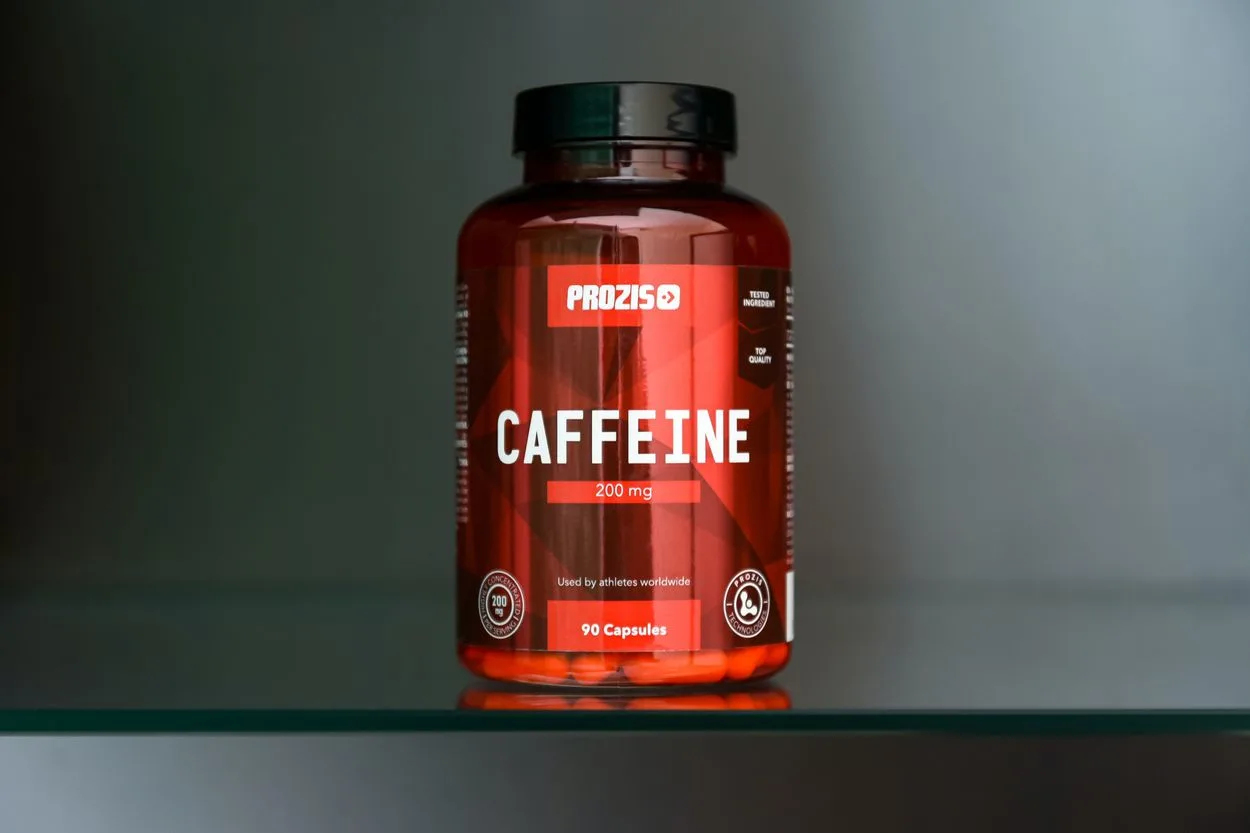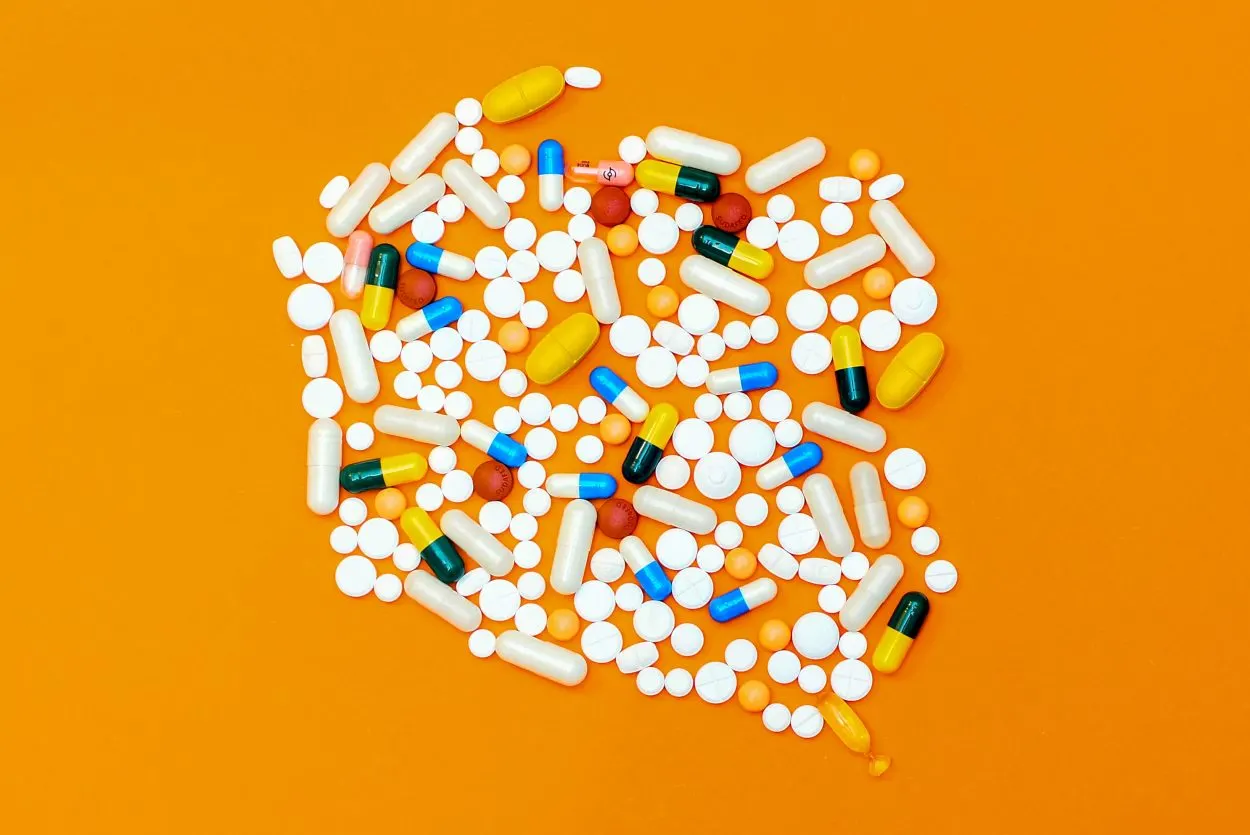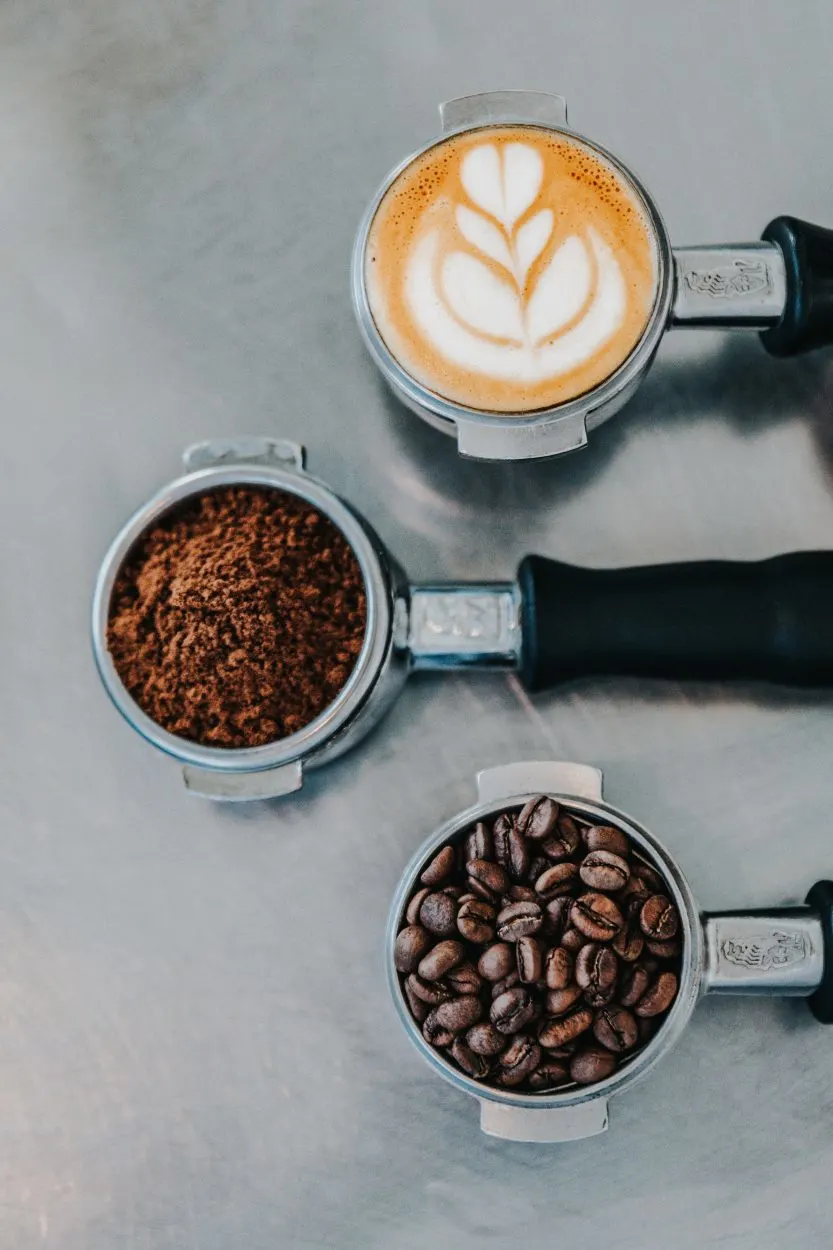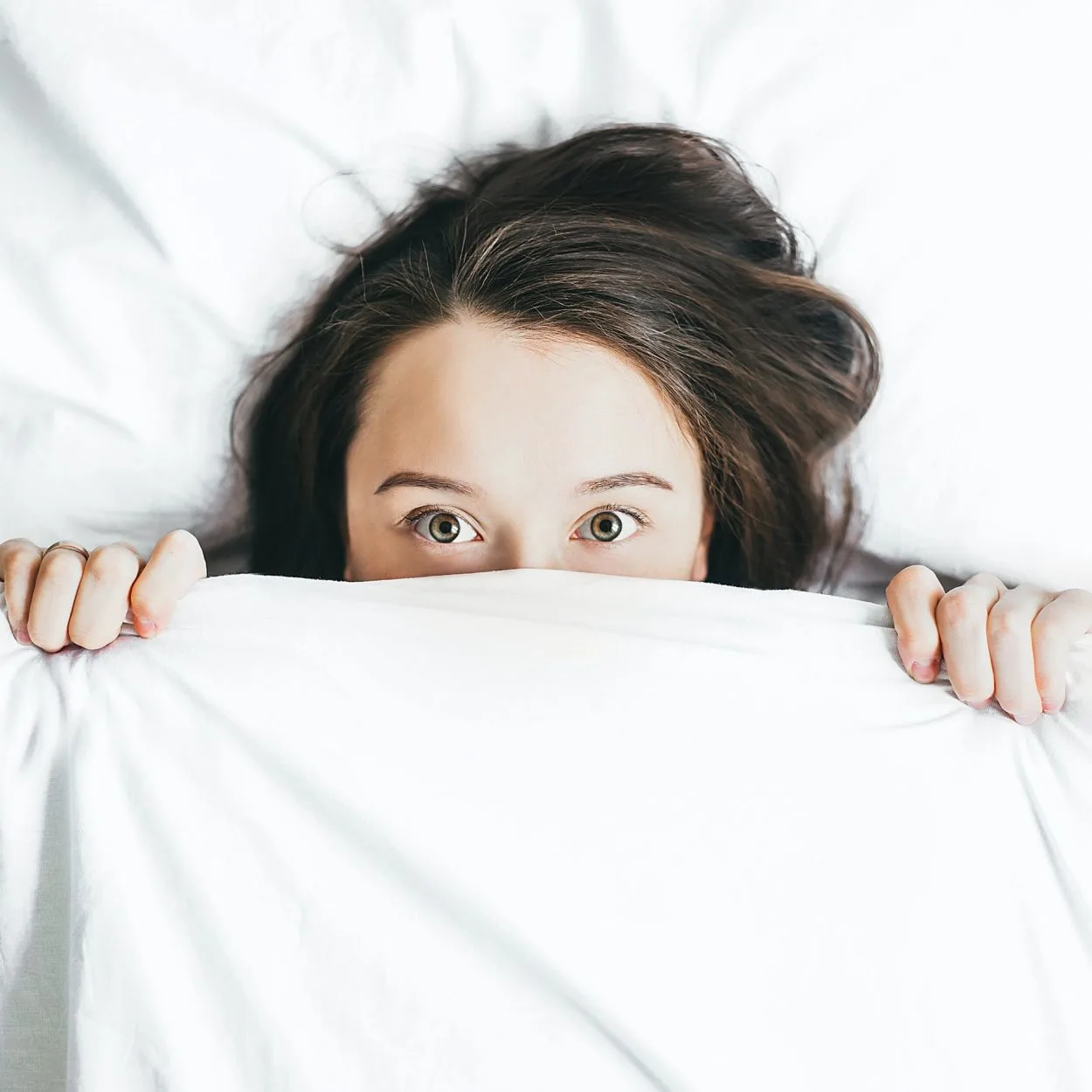Energy drinks are commonly used by young people who have high-intensity nightlives or are studying for a complicated exam. Whether you’re a caffeine junkie or not, you’ve probably come across or considered trying some form of energy drink.
Caffeine tablets, which have been demonstrated to be incredibly effective in boosting your energy for hours, have recently become popular. Energy drinks can keep you feeling awake while driving or performing other tasks by allowing you to focus at work, study, or simply stay alert.
Caffeine pills also significantly facilitate this procedure.
They’re more convenient because taking many drugs rather than drinking multiple energy drinks makes it easier to achieve the same energy. But how do they differ?
In this article, I will compare energy drinks to caffeine pills. Let’s find out which you will prefer between these two.
Page Contents
What Are Energy Drinks?
Energy drinks are beverages that contain compounds such as caffeine, sugar, other additives, and legal stimulants like guarana, taurine, and L-carnitine.
These legal stimulants can raise blood pressure, heart rate, and breathing rate and increase alertness, focus, and energy.
What Are Caffeine Pills?

Pills containing (almost) pure caffeine goes by the name “caffeine pills”.
There are small boxes of 16 caffeine pills that can be swallowed with some water like any other pill.
One of the common caffeine pills Vivarin has 200 milligrams of caffeine and 65 milligrams of calcium in each tablet.
This product’s packaging lists “inactive ingredients,” but the exact amount of those other ingredients is not specified:
• Carnuba wax
• Colloidal silicon dioxide
• Corn starch
• Croscarmellose sodium
• D&C yellow #10 aluminum lake
• Dicalcium phosphate dihydrate
• FD&C yellow #6 aluminum lake
• Hypromellose
• Magnesium stearate
• Microcrystalline cellulose
• Polyethylene glycol
• Polysorbate 80
• Titanium dioxide
Are Caffeine Pills Better For You?
I think caffeine pills are better because they’re convenient.
Caffeine tablets include roughly 200 milligrams of caffeine in them, so you don’t have to consume an entire cup of coffee. The caffeine tablet is an excellent alternative because it saves time by not waiting for a pot to brew.
It also saves calories by not using cream and sugar and has no coffee bitterness, aftertaste, or teeth stains. Although it may cause you to have more jitters than a cup of coffee.

Caffeine-sensitive people can’t use this option because it’s too strong. Caffeine pills don’t have the same flavor as coffee.
However, pills are twice as potent as a conventional cup of coffee, and they require less effort to ingest. You should limit the number of caffeine tablets you take daily.
Is It Alright To Consume Caffeine Pills Every Day?
You can consume caffeine pills every day if you follow the guidelines of the FDA and don’t consume more than 400mg of caffeine per day.
When consumed in large amounts, caffeine pills can lead to dizziness, muscle tremors, insomnia, irritability, and increased heart rate.
Here are a few pointers to help students use caffeine pills safely:
- Use them exactly as directed. A typical adult can take up to 400 mg of caffeine per day (equivalent to two caffeine pills) is generally considered safe for most adults. Read the package to see how much caffeine is in a particular product, and then follow the directions.
- Determine when you will take them. Caffeine pills can take up to an hour to be fully absorbed in the bloodstream and have their full effect. Depending on body composition, it can take anywhere between 3 to 5 hours to metabolize half of the caffeine present.
- Pay attention to your body’s reaction. When taking caffeine pills, check your pulse regularly; it should have 60 to 90 beats per minute. If the pulse rate exceeds 90 beats per minute, discontinue using it.
- Do not use them as a substitute for sleep. Caffeine creates a false sense of wakefulness. If consumed for an extended period, it can fool the body so much that it eventually gives out. There have been reports of people who felt fine one minute and then fell asleep behind the wheel minutes later.
Overall, caffeine pills can be an effective way to promote alertness. On the other hand, anyone who uses these products should practice good sleep hygiene and consult their doctor if they experience excessive sleepiness.
Are Energy Drinks Safe To Drink Every Day?
In my opinion, it’s not a wise decision to consume energy drinks every day.
To begin with, energy drinks are not regulated by the FDA, unlike soda or coffee, making the beverage aisle equivalent to the Wild West. Furthermore, the FDA does not require manufacturers to list caffeine levels on food labels.
Many energy drinks combine caffeine with a combination of other natural stimulants (such as guarana, yerba mate, green tea, or others) and a substantial amount of sugars which can cause problems such as acne, type 2 diabetes, and heart diseases Many of them also contain a slew of artificial colors, flavors, sweeteners, and preservatives, none of which I recommend.
Are Caffeine Pills And Energy Drinks The Same?
No, caffeine pills are almost pure caffeine but energy drinks contain other ingredients as well.
Energy drinks are popular because they boost energy, aid weight loss, increase endurance, and improve attention.
When it comes to energy drinks, Caffeine will never be out on the table. Energy drinks may also contain:
- Caffeine-equivalent guarana plant extract.
- The amino acid taurine.
- Sugar (Carbohydrate)
- Vitamins.
Energy drinks include Monster, Red Bull, and Rockstar, to name a few.
Are Energy Drinks Better Than Caffeine?
NO!
Despite this “special combination,” research shows that energy drinks do not improve attention any more than a cup of coffee. Energy drinks usually have a lot of sugar and around the same amount of caffeine as a cup of coffee.
According to Mayo Clinic, even one 16-ounce energy drink can elevate blood pressure and stress hormones, placing a healthy young adult at risk for cardiac damage. Energy drinks will never earn a spot in the diets of children and adolescents.
Is Caffeine Considered An Energy Drink?

Coffee, tea, and other naturally caffeinated liquids aren’t commonly considered energy drinks. Other soft drinks that include caffeine, such as cola, are not termed energy drinks.
Caffeine and other stimulants are found in several alcoholic beverages, such as Buckfast Tonic Wine.
Do Energy Drinks Keep You Awake?
Most energy drinks will keep you awake

Caffeine prevents you from feeling sleepy by inhibiting your adenosine receptors, keeping you up, and giving you “energy.” Caffeine’s propensity is to trigger ‘feel-good’ chemicals, along with its power to control people awake all day. It’s no surprise that people adore it in coffee, tea, and energy drinks.
What Are The Side Effects Of Energy Drinks And Caffeine Pills?
When it comes to these two, Caffeine is the main ingredient and stimulant that triggers the side effects that might happen. Most products are commonly linked to overconsumption.
Here in this table, let me show you the common caffeine amount in these energy boosters.
| Energy Booster | Common Caffeine Amount |
| Energy Drink | 140mg |
| Caffeine Pills | 200mg |
Now let’s talk about the following side effects:
Caffeine use of up to 400mg per day is not dangerous to most people. Consult a doctor if you’re consistently tired or exhausted. The following are possible side effects:
- Anxiety
- Diarrhea
- Dizziness
- Headache
- A heart rate that is racing
- Insomnia
- Nausea
- Paralysis during sleep
- Shivering
- An excessive thirst
- Unhappiness
- Vomiting
Summary
To sum it up, energy drinks and caffeine pills will never harm your health as long as you drink or take them temperately.
These energy boosters are not designed to consume for indulgence and pleasure. It always matters to your body’s preferred prescription.
Always bear in mind that caffeine pills and energy drinks are not suitable for children, pregnant women, lactating women, and people with medical conditions. Other than that, you can evaluate what will be the best pick for you!
You can watch this video to know the difference between caffeine pills and coffee/energy drinks:
